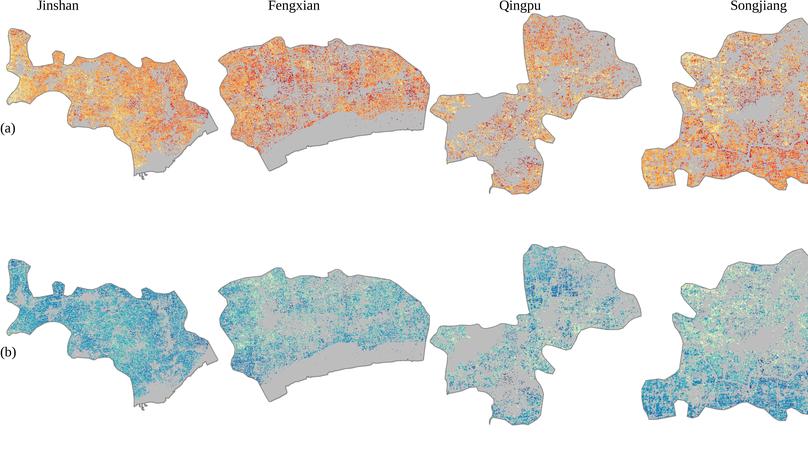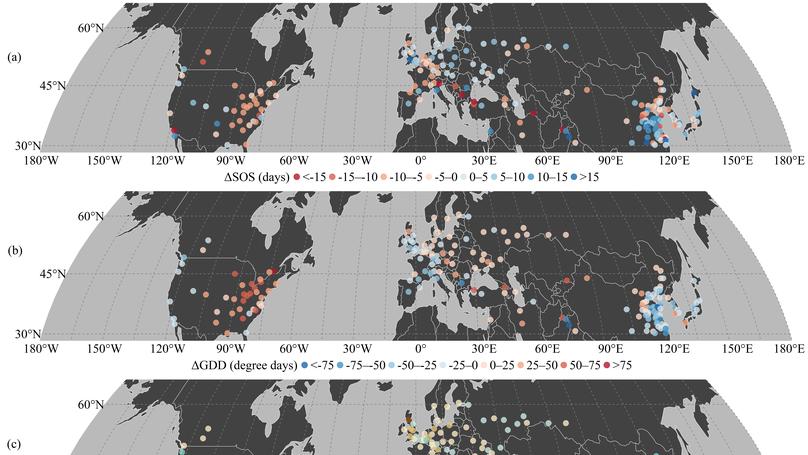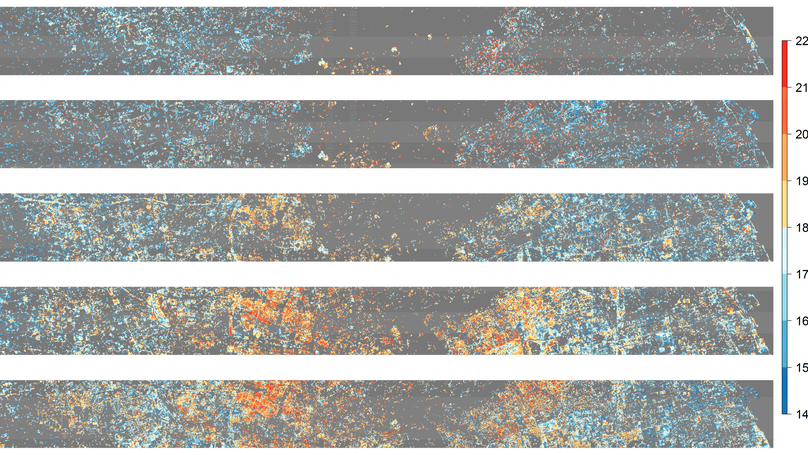Research Goals
Vegetation dynamics regulate carbon uptake, water cycling, and disturbance feedbacks, and they set the template for habitat quality and ecosystem services. Yet major knowledge gaps remain in explaining why vegetation changes differ so strongly across space and time, and in predicting when ecosystems cross thresholds under interacting drivers such as management, herbivory, fire, and climate extremes. In particular, we still lack mechanism-based understanding of how restoration actions alter trajectories over years to decades, how large herbivores reshape vegetation states and feedbacks, and how extreme events like frost and drought propagate through phenology to constrain productivity. Our lab addresses these gaps with a data–model synthesis approach that links field measurements, ecological monitoring, and remote sensing. In Malawi and South Africa, we quantify how restoration interventions—such as tree planting and rangeland conservation—shift vegetation dynamics, including tree carbon accumulation and grass condition. In African Parks, we evaluate how rewilding megafauna modifies vegetation structure, grazing lawns, and fire–vegetation interactions. Across broader regions, we study how climate extremes reshape phenology and thereby influence seasonal productivity and carbon balance. Building on prior work linking phenology to urbanization and climate change, we are also developing predictive models that integrate canopy structure and nutrient status to forecast phenological responses under future climates and management scenarios. We currently have two funded project PRISM and ECO-DRYFOREST that allow us to address the following questions.
- To what extent does canopy gaps, introduced through disturbance and forest dieback, influence vegetation phenology such as the timing of green-up and senescence (Chen et al., 2026)?
- Can canopy nutrients be used to predict autumn senescence across diverse biomes (Chen et al., in review)?
- Benefits or risks: how will late frost and earlier spring green-up jointly influence productivity (Shen et al., in prep)?
- How do climate change and urbanization jointly influence phenology in the Northern Hemisphere (Qiu et al., 2020a)?
- How to model the continuous response of phenology to extreme events and climate change across broad biogeographic gradients (Qiu et al., 2020b)?
Published papers are in the following. There are a couple of manuscripts in review and in preparation. Feel free to contact PI Qiu if you would like a copy of the manuscript.
Featured Publications
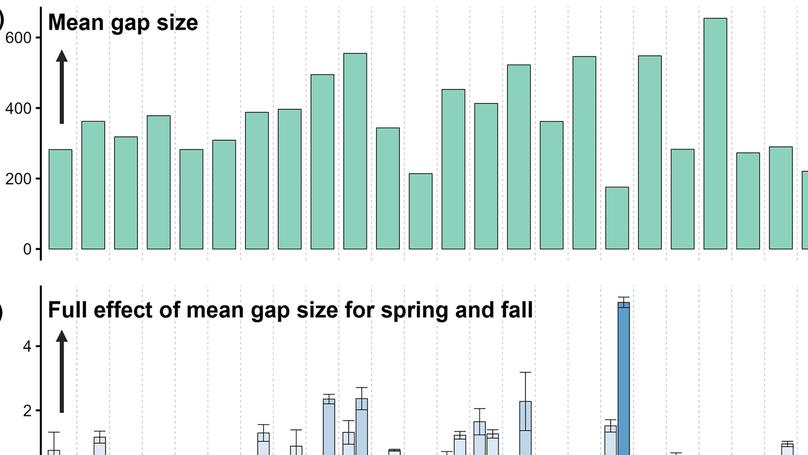
Across 25 NEON forest sites, we show that canopy gaps are consistently linked to phenological shifts, with earlier spring green-up at 15 sites and delayed autumn senescence at 18 sites. Typical gap sizes shift timing by −2 to +2 days in spring and −1 to +5 days in autumn, with effects varying by biome and background climate.
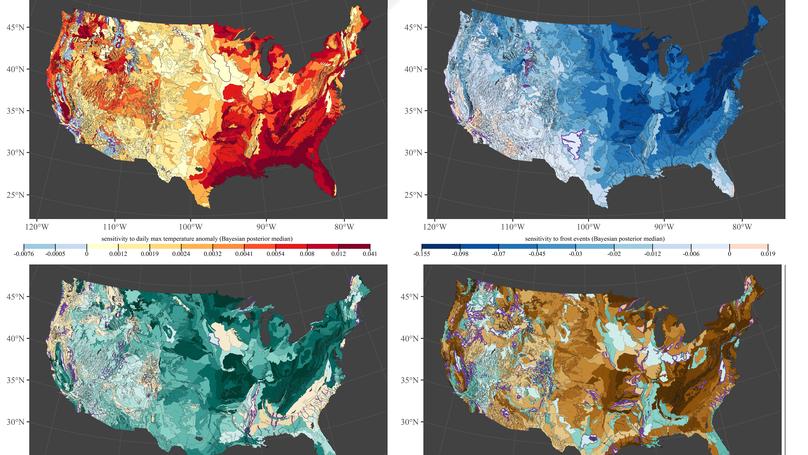
We developed a model to quantify how daily phenological development responds to climate change and extreme weather eventts.
